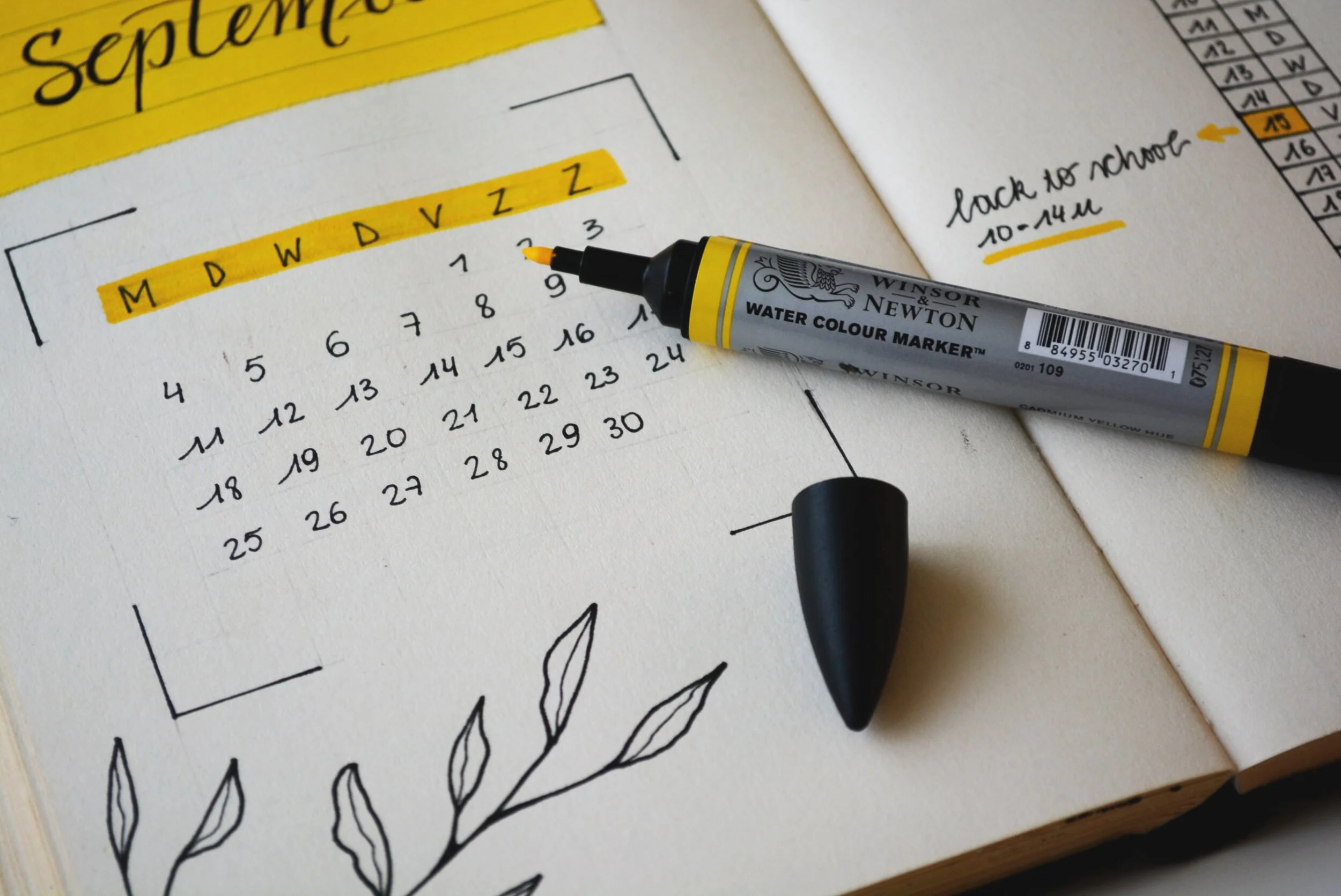Enrolling in an MFA in creative writing is a massive (and often massively expensive) decision. I’ll talk about whether mine was worth it, what to consider as you decide, your next steps for applying and getting funding, and alternatives to an MFA.
Read MoreA pretty common fear among aspiring authors is that if they pitch their book to an agent or publisher, that person will steal their idea. They either avoid querying, or they write “copyright” all over their manuscript, which immediately makes them look like an amateur.
Read MoreYou’ll never finishing writing a book unless you do this one thing. And (gasp), a client helped me realize I’m not doing it! Here’s what you need to do to finish.
Read MoreI didn’t believe it when I started out, but to get a book published, you’re going to need to know people—mentors, teachers, friends, colleagues, critique partners, and cheerleaders. There’s nothing I hate more than schmoozing, so I’ll tell you how I found those people without ever networking.
Read MoreFormat your book the right way for each occasion— pitching agents with a manuscript, querying nonfiction with a book proposal, or for self-publishing. You want your book to stand out for its stellar writing, not for its unorthodox formatting. Here’s how the pros do it.
Read MoreCreate a watertight book proposal that will convince literary agents and publishers that the world needs your book and needs it now. When and why you need a proposal, a detailed template, 5 biggest mistakes, plus proposal FAQs.
Read MoreLanding a literary agent may be difficult, but that doesn’t mean you should be getting ignored. If you’re sending out queries and not hearing back at all, you’ve got a problem that needs to be addressed.
Here are some possible reasons you’re hitting a wall:
Read MoreVanity publishing still exists. I’ll tell you what it is, how to avoid being scammed, and how to recognize a reputable company. If you’re considering self or hybrid publishing, pay attention to these red flags so no one takes advantage of you.
Read MoreOne of the fastest and most powerful ways to build your author platform is to be featured in big media, either as an expert source or by writing the right kind of piece yourself.
Read MoreWe all face writer’s block, so I decided to research the science behind a few of my favorite ways to get unstuck. I’ll admit it may have been another way to procrastinate, but I think you’ll like what I found.
Read More1. Finish your book.
While non-fiction books are generally sold on proposal, novels are not. With fiction, they don’t just want an idea of what they’ll get, but they’ll want to read exactly how the whole thing pans out. Ideas are a dime a dozen. It’s the execution we all struggle with.
Read MoreWe all suck at something, but as counterintuitive as it sounds, those weaknesses can be used to your advantage.
Read MoreI recently had the pleasure of connecting with Lucinda Halpern, owner of Manhattan-based literary management firm Lucinda Literary. I talk with her about traditional publishing, self publishing, how to stand out as an author, and what she’s looking for.
Read MoreAs a writing coach and editor, I rely on these tools myself and frequently recommend them to my clients.
Read MoreBook editing rates are calculated in so many different ways it’s hard to know where to start. Here’s what you should expect to pay for an average-length book of 80,000 words.
Read MoreDevelopmental editors, line editors, copyeditors, acquiring editors…Who are are these people? How and when should you hire and work with them? In this post, I’ll go over the different editorial roles, and then I’ll offer my thoughts on who might be best to hire and when.
Read MoreAre you making any of these grammar mistakes?
If so, you’re far from alone. No need to be ashamed about the past, but now’s the time to clean up your act. Master these 8 English language potholes, and your writing will be more professional, saving you embarrassment and/or the cost of a heavy copyediting job.
Read More

















